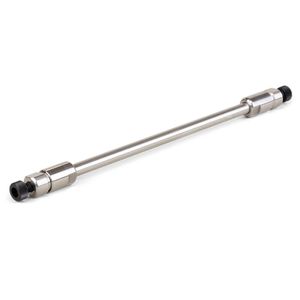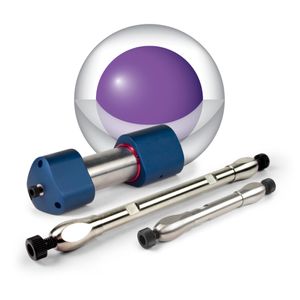Device Helps Study How COVID-19 Infection Affects The Intestines
The textbook symptoms of COVID-19 infection are often respiratory ones; at least, that’s what most people focus on. We’re all familiar with the characteristic dry cough and difficulty breathing that can accompany more moderate to severe cases. However, COVID-19 infection also causes a range of other symptoms, including gastrointestinal (GI) symptoms like diarrhea and nausea, which can have serious consequences. One study found that up to 25% of COVID-19 patients at one clinic experienced some kind of GI symptom, and patients who experienced diarrhea, specifically, were more likely to die or end up in intensive care.
Researchers have found that gut cells have high levels of ACE2 receptor proteins, the proteins that the SARS-CoV-2 uses to enter cells, making the gut a prime location for infection. However, studying the gut in animals is expensive and not entirely descriptive of what happens in humans, making it challenging to observe how infection affects the gut and test new drugs to treat these infections. To counter this challenge, researchers have developed a sort of “intestine in a chip” device that would allow researchers to study different ways COVID-19 affects the gut and the effectiveness of different treatments.
The device, which is described in detail in Frontiers in Pharmacology, is about the size of a USB and is designed to “model” the human gut. The device uses 2 “channels,” lined with endothelial cells and intestinal cells, and is designed to mimic the peristaltic activity (wave-like contractions) of the gut.
In the paper, researchers described two phenomena. First, researchers found that epithelial tissue (surface tissue) became damaged or “leaky” following infection, which means gaps in the intestinal wall are forming and allowing contents of the gut to spill into the bloodstream. Second, when testing remdesivir as a possible treatment, researchers found that it did not help the infection and actually worsened damage to the gut. Remdesivir is an antiviral drug that was granted emergency FDA approval in 2020. Instead, researchers were able to test other drugs through their chip, and found that the drug Nafamostat (a serine protease inhibitor) helped reduce viral loads.
Sources: Medgadget; Indian Journal of Gastroenterology; Frontiers in Pharmacology
-
SEP 03, 2024Microbiology Week Virtual Event Series 2024
-
SEP 18, 2024Cell Biology Virtual Event Series 2024
-
SEP 26, 2024Olink Proteomics World
- See More



















































